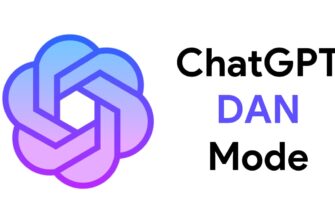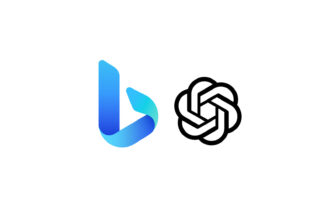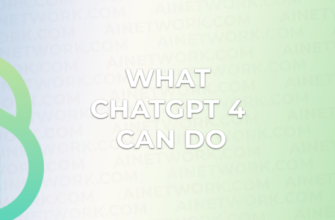In today’s fast-paced digital world, brands must be agile and responsive to stay ahead of the curve. This means adapting quickly to changing market conditions and evolving customer needs. One strategic approach to achieving this adaptability is by leveraging ChatGPT, OpenAI’s advanced language model.
ChatGPT offers a versatile range of capabilities that can be harnessed to support brand strategy in multiple ways.
For example, ChatGPT can be used to:
- Gain insights into customer needs and preferences. ChatGPT can be used to collect and analyze customer data to identify their unmet needs, aspirations, and pain points. These insights can then be used to develop more relevant and impactful brand messaging, products, and services.
- Generate creative content. ChatGPT can be used to generate high-quality, engaging content that aligns with brand messaging and resonates with target audiences. This content can be used for a variety of purposes, such as social media posts, blog articles, email marketing campaigns, and website copy.
- Automate customer service tasks. ChatGPT can be used to automate routine customer service tasks, such as answering questions, resolving issues, and providing support. This frees up human customer service representatives to focus on more complex and personalized interactions.
ChatGPT can be a valuable tool for brands seeking to develop adaptive strategies that enable them to stay ahead of the curve and deliver exceptional customer experiences.
Here are some specific examples of how ChatGPT can be used to support adaptive brand strategies:
- A fashion retailer could use ChatGPT to collect data from customers about their style preferences and shopping habits. This data could then be used to develop new product lines, target marketing campaigns, and personalize the customer shopping experience.
- A restaurant chain could use ChatGPT to generate creative content for its social media channels, featuring recipes, cooking tips, and behind-the-scenes videos. This content could be used to engage with customers, build brand awareness, and drive traffic to restaurants.
- A software company could use ChatGPT to automate customer support tasks by providing answers to frequently asked questions and resolving minor technical issues. This would allow customer support representatives to focus on more complex issues and provide more personalized assistance to customers.
By leveraging ChatGPT’s capabilities, brands can develop and implement adaptive strategies that enable them to quickly adapt to changing market conditions and customer demands. This can help brands to improve their overall performance, build stronger customer relationships, and achieve sustainable business growth.









